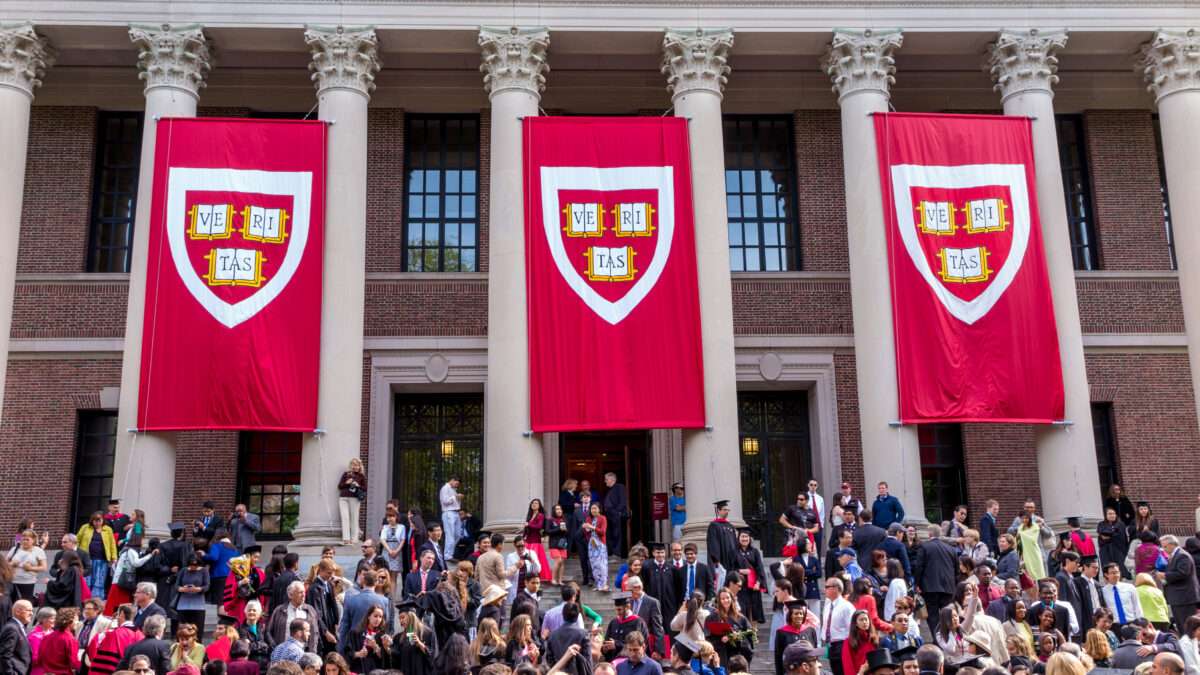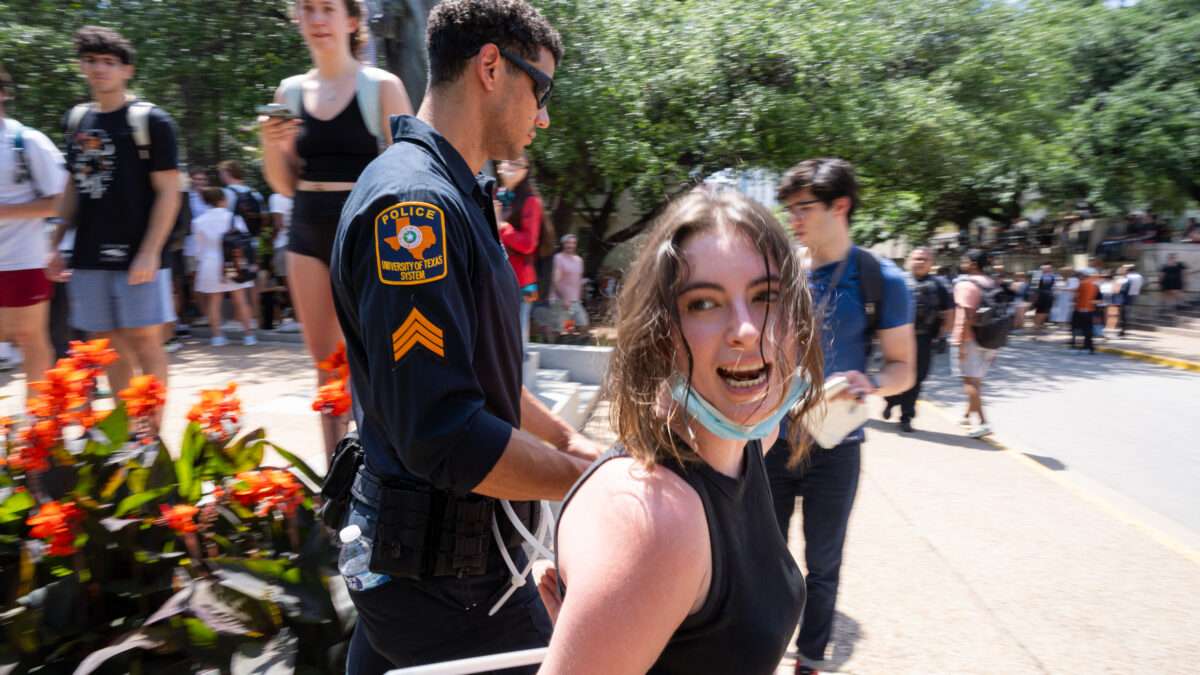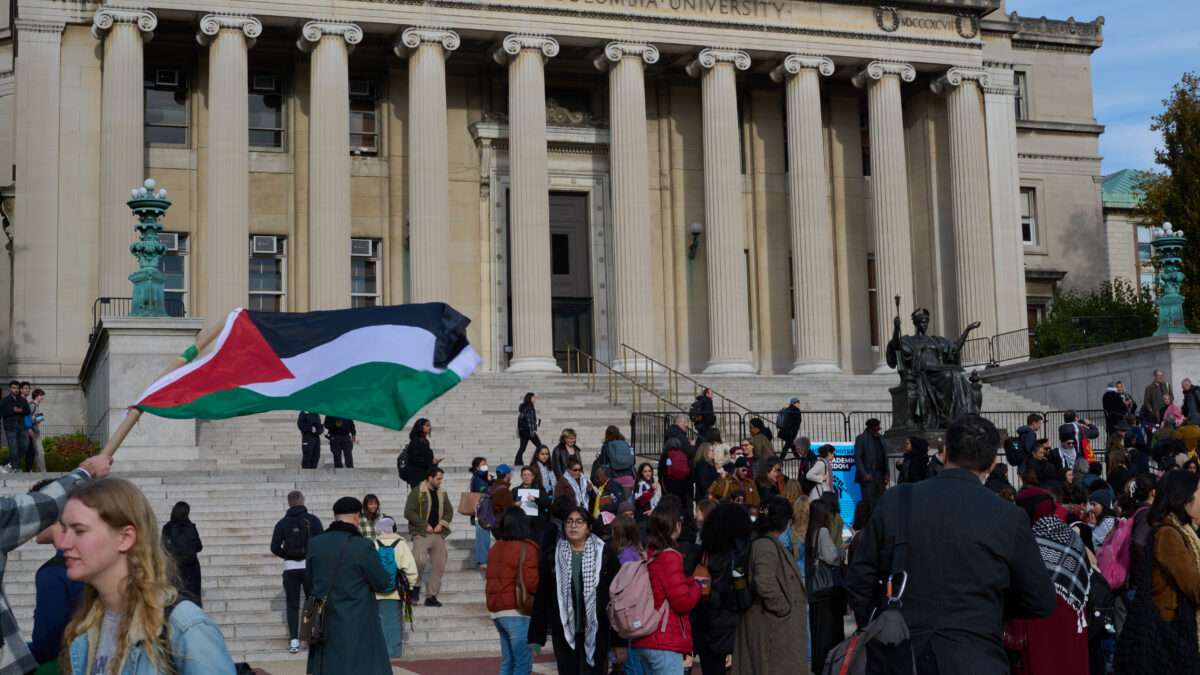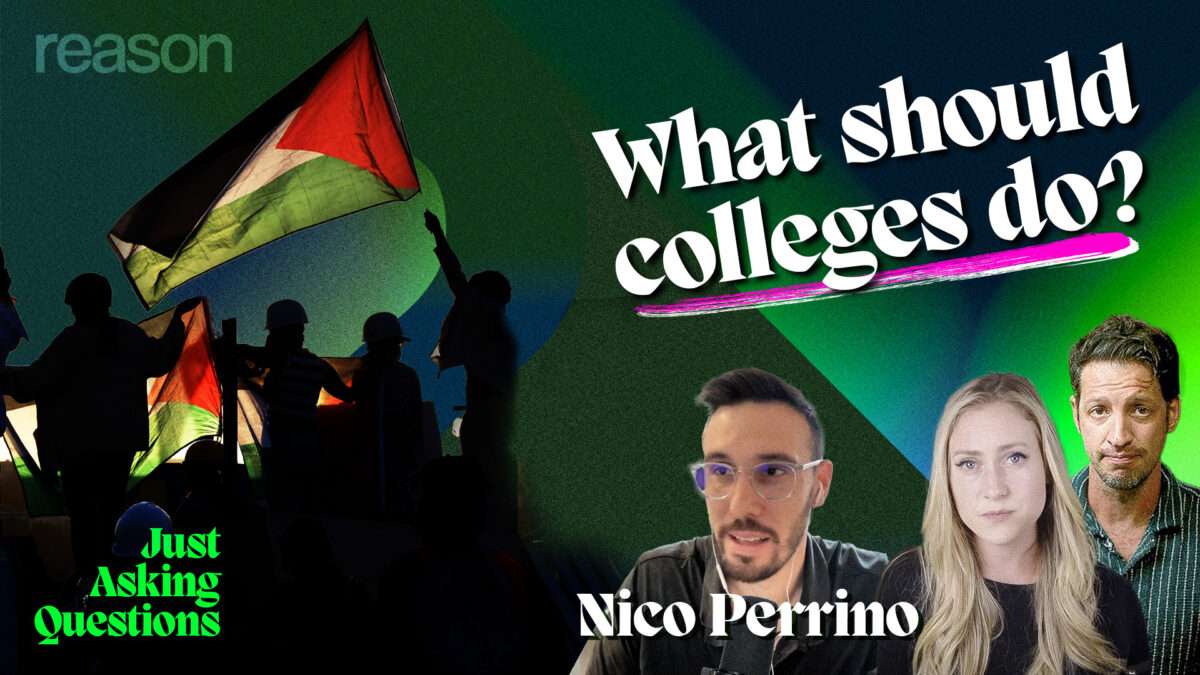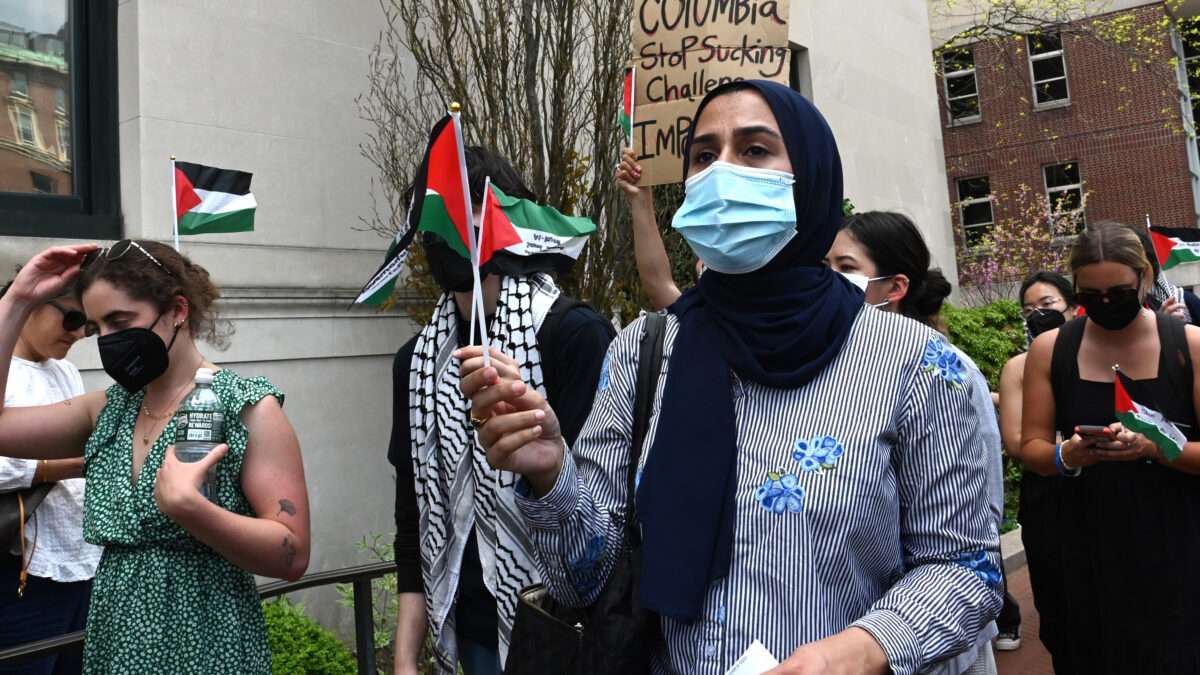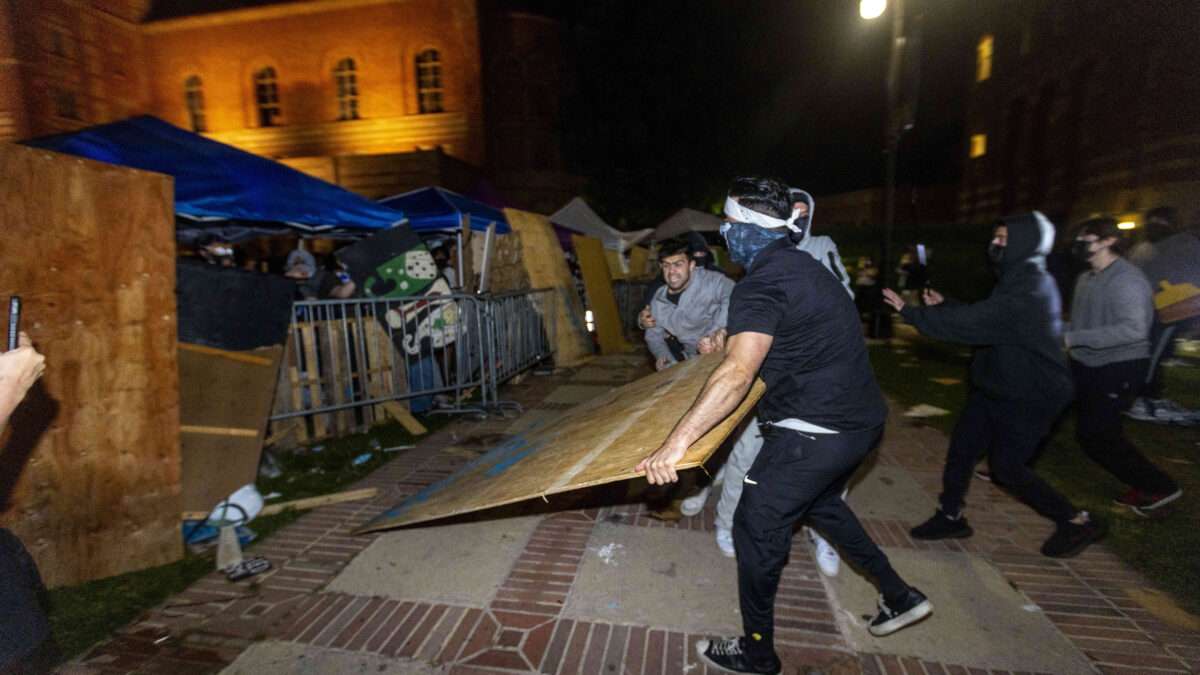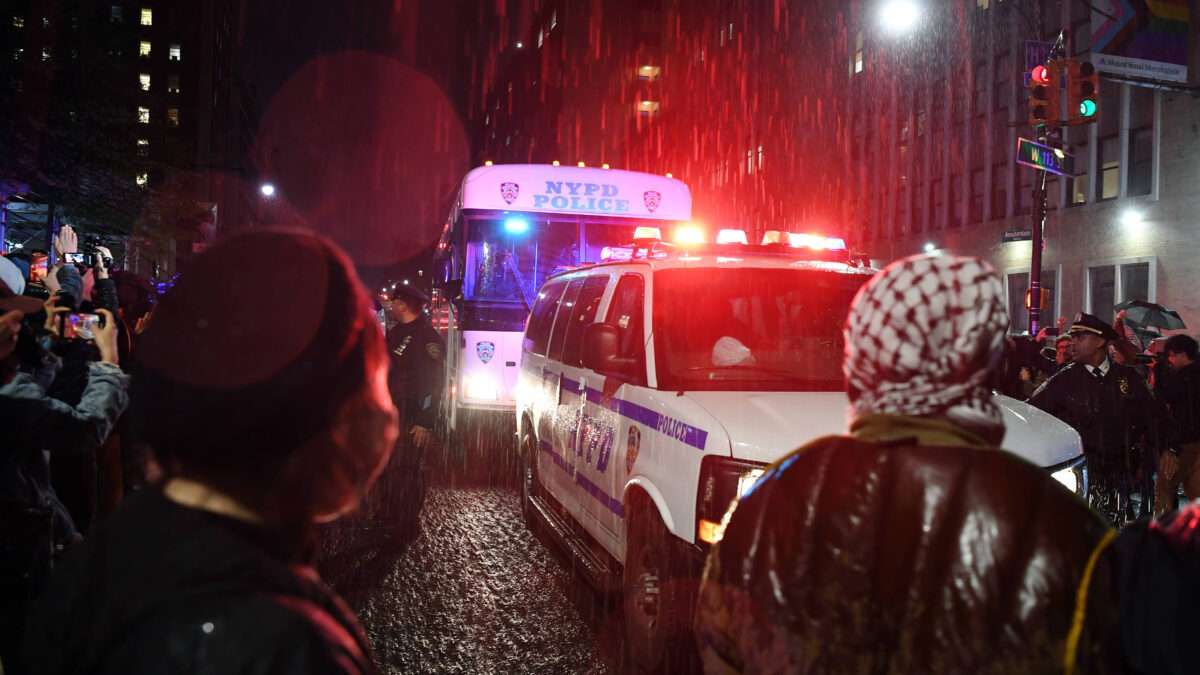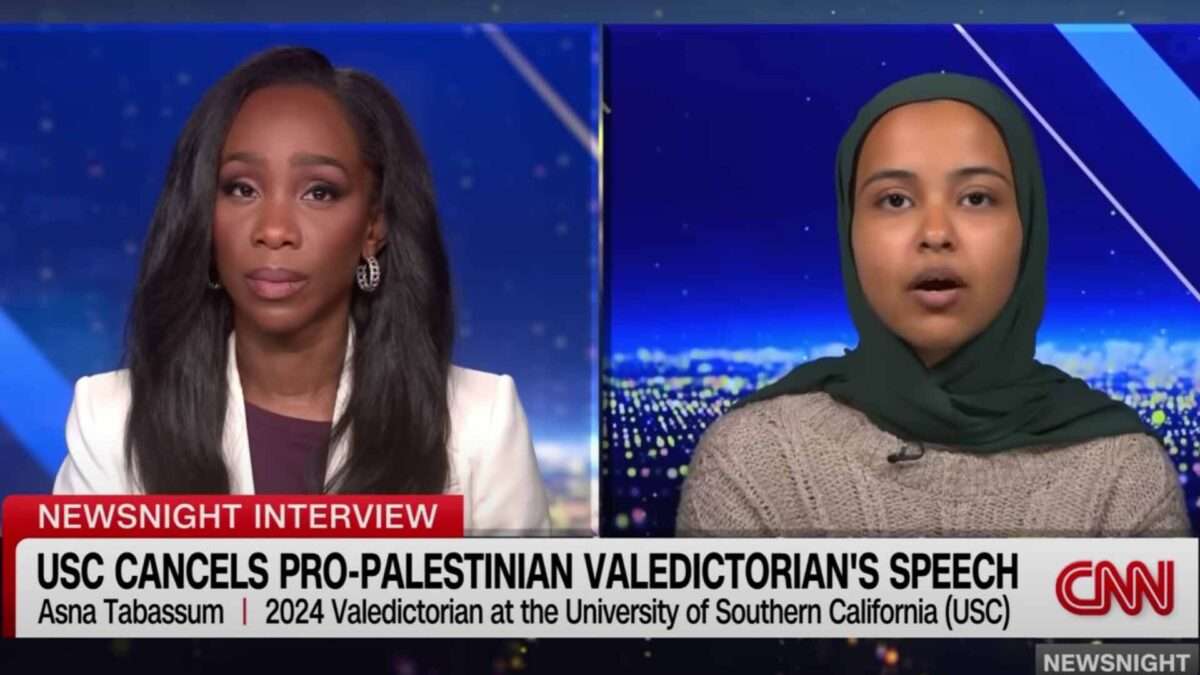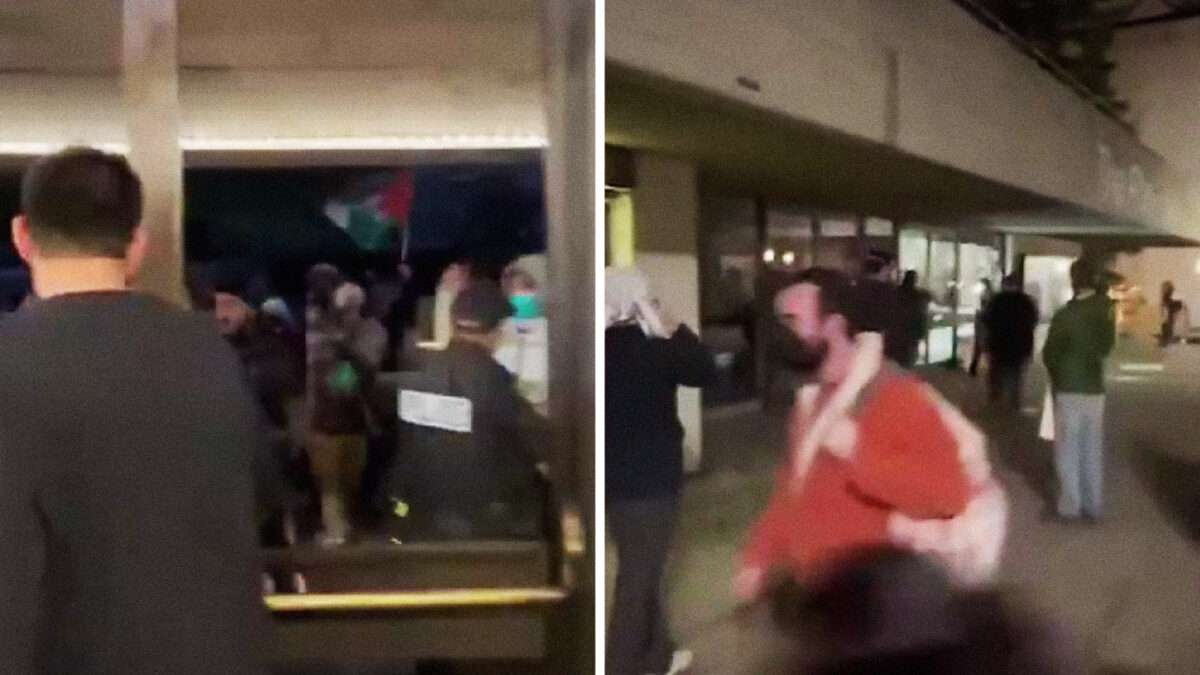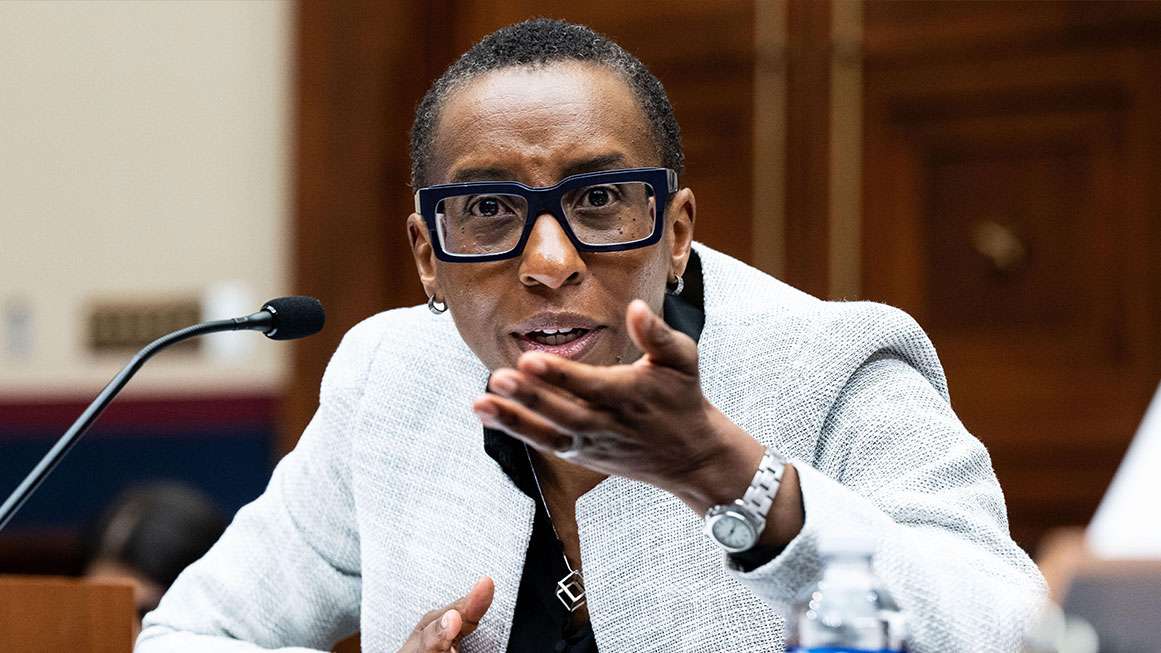"Johns Hopkins University Articulates Restrained Approach to Issuing Public Statements"
So reports the Johns Hopkins Hub; here's the underlying statement, from the President, Provost, and top deans:
As leaders of Johns Hopkins University, we are often called upon in the face of global, national, or local occurrences to issue public statements on behalf of the institution. These requests are usually grounded in a sense of connection to the values and purpose of our university and our common humanity, and on the occasions when we have issued such statements, we have attempted to choose our topics and words carefully.
In recent years, requests for institutional statements have increased in frequency. The subjects upon which we have been urged to speak have varied widely—human rights violations, acts of discrimination, changes in health regulations, incidents of targeted violence, military conflicts, and natural disasters, among others, have led to calls for a university statement.
Often those seeking such statements want us to identify and condemn the actors whom they regard as principally responsible. In other cases, those seeking statements simply desire an expression of concern or sympathy for the persons directly affected by the incident in question. However, we must recognize that taking institutional positions can interfere with the university's central commitment to free inquiry and obligation to foster a diversity of perspectives within our academic community.
As is the case with many of our peers, we have been weighing the value, appropriateness, and limitations of such institutional statements. We—as university leaders and deans—have arrived at a strong commitment to make institutional statements only in the limited circumstances where an issue is clearly related to a direct, concrete, and demonstrable interest or function of the university. We write today to share our reasoning on this important issue and to clarify and deepen our commitment to a posture of restraint.
To begin, the very idea of an "official" position of the university on a social, scientific, or political issue runs counter to our foundational ethos—articulated most clearly in our Statement of Principles of Academic Freedom—to be a place where competing views are welcomed, challenged, and tested through dialogue and rigorous marshaling of evidence. The university is the site, more than any other institution in our society, where the process of truth-seeking through intense and open contestation is given pride of place. Although institutional statements may feel warranted, consoling, or, at times, even necessary to guide the university through difficult moments, experience has shown that they can be counterproductive, and even at odds with our core mission. These statements can too easily fuel a perception that there are approved or endorsed "institutional" views on political or social issues, which may, in fact, conflict with the views of members of our community. They risk interfering with our truth-seeking function and compromising the ethos and credibility of the institution in the process.
Additionally, institutional statements can be perceived as performative or rote: They can excuse the absence of meaningful action to bring the community together in challenging moments, take up difficult questions, and learn, discuss, and debate together in a mutually respectful and supportive manner. They also can unintentionally model for our students that the only, or best, avenue for engaging with issues is to make public statements, obscuring that there are more effective ways to make change in the world.
Moreover, such statements foster an expectation that the institution will speak on a wide range of topics and a perception that when we decline to do so, it is a signal that the issues or the concerns of affected community members are unworthy of our attention. Why do some domestic or international conflicts or crises command our institutional attention, while others are regarded as less salient?
As the tide of statements has risen across the university, it has become clear that the more statements we publish, the more injurious the slight to members of our community when we decline to issue a statement in response to some other incident. This pattern not only undermines our commitment to inclusivity but also erodes trust in institutional leadership and, as noted earlier, compromises our core mission as a place of open inquiry and diverse perspectives.
For these reasons, we will restrict our communications to the standard we have articulated—limiting our statements to those occasions where an issue is clearly related to a direct, concrete, and demonstrable interest or function of the university. This means that not issuing a statement will be our default in the great majority of cases we are likely to face.
We acknowledge that the line between those issues that implicate a core interest of the university and those where the impact is less direct is not always easily drawn. But the inevitability of hard cases is not an argument against the approach we are adopting, which we believe will address the lion's share of cases that typically confront the university. Against this benchmark, for instance, a decision by government to reduce our permitted scope of activities might well justify a statement, but an event that has occurred internationally or nationally and that has no direct or concrete impact on our capacity to discharge our mission would not.
Critically, this posture of restraint does not mean the university will be unresponsive or unfeeling in the face of controversy or tragedy. Our priority is to respond to the events around us through the channels that are our university's core strength and time-honored calling—creating knowledge, engaging with ideas, and bringing discoveries and care to the world. When an external event affects members of our community, our university's focus will be to engage interested members of our community in educational and community programming that addresses the topic. Where appropriate, the university can offer direct support and engagement for those among us who are affected by the matter.
Further, our commitment as university leaders to embrace a policy of restraint is not meant to signal that members of the community should retreat from the world or the priorities of our institution. Indeed, our faculty, students, and staff engage the communities around us in countless productive ways, and we will continue to encourage our scholars to bring their ideas and expertise to inform the critical issues of the day. With the opening of the Hopkins Bloomberg Center, our capacity to serve as a platform to explore these issues has been magnified. And the university will remain unwavering in its commitment to values and aspirations in areas of strategic importance such as those embodied in foundational documents like the Ten for One and the Second Roadmap on Diversity, Equity, and Inclusion.
Finally, we are eager to engage faculty colleagues in an examination of whether this posture of restraint is appropriate not only for university leaders and deans but also for departments, centers and other units of the university. We will be working with the Johns Hopkins University Council to develop an answer to this question over the course of the fall term and to solicit broad input from the university, including divisional academic advisory boards and senates.
Of course, the dedication to institutional restraint will not apply to any individual faculty member speaking in their own scholarly or personal capacity. Again, the intent of this commitment is to extend the broadest possible scope to the views and expressions of our faculty, bolstering the freedom for them to share their insights and perspectives without being concerned about running counter to an "institutional" stance.
Ours is an extraordinary institution, a place furthered by the courageous interrogation and boundless discovery of our colleagues. The project of the university as an institution is to create the conditions for that exploration, discovery, and engagement, even for controversial or disquieting ideas. Against that overarching and foundational goal, we believe that the policy of restraint to which we are now committing ourselves is timely, principled, and critical for the continuing relevance and mission of our university.
The post "Johns Hopkins University Articulates Restrained Approach to Issuing Public Statements" appeared first on Reason.com.



